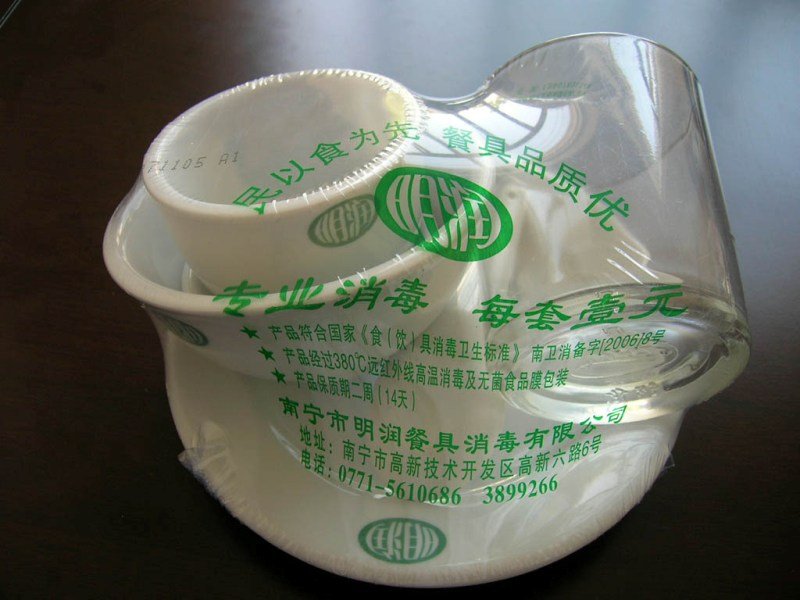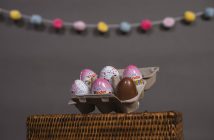The ongoing campaign to make food and dining safe in China has revealed a number of famous Beijing restaurants have supplied their customers with dirty tableware contaminated with coliform bacteria.
The Beijing office of food and drug supervision recently reported that 18 of 253 tableware samples taken from a number of local eateries tested positive for coliform bacteria, indicating that nine individual restaurants were in violation of local health codes.
The offenders include such well-known establishments as the Greenery Cafe (北京绿茵阁), one of China’s largest Western-style restaurant chains, as well as a cafeteria operated as part of the Hanguang department store (汉光百货) in Xidan’s shopping area.
Another offender is the Qing Feng Baozi Shop (庆丰包子铺) located south of Zhongguancun, a veritable Beijing brand that dates back to 1948, but that has run into food safety issues before, primarily in 2015.

Of special interest to Sanlitun residents is the Mount E’mei restaurant (峨嵋酒家) located just to the west of Tuanjiehu Station, right at the bottom tip of Chaoyang Park. A laozihao restaurant that specializes in Sichuan cuisine, this restaurant is so old that it takes its name from a Chinese “pop” song that dates back to the 50s.
Testing positive for coliform bacteria is not necessarily life-threatening, but this contamination may show the presence of other pathogenic bacteria, such as Salmonella, Shigella, and pathogenic E. coli.
Coliforms are bacteria that naturally occur in the digestive tracts of animals, and is also found in plants and soil. However, its presence in food and water supplies usually signifies something is not clean.

The report does not clarify who is specifically responsible for the contaminated tableware. A common practice for Chinese restaurants and eateries is to give their customers free tableware provided by a third-party supplier in which bowls and plates have been sealed in plastic as proof of their cleanliness. And yet, previous reports have shown some of these shrink-wrapped eating utensils to be supplied by fly-by-night enterprises in less-than-hygienic conditions.
But it’s not just tableware in restaurants you should be wary of. Plastic tableware sold in Beijing supermarkets have been reported to be “contaminated with urea-formaldehyde resin, a substance that could produce carcinogenic chemicals when heated.”
Of course, apart from being cautious of what you’re putting into your body, it’s difficult to determine whether your tableware is contaminated. To that end, we suggest sticking to restaurants that you trust and try and do research on cleanliness on new restaurants before you visit.
Photos: Dianping, jdth, Yaolan, hfkangyuan, 99149
This post first appeared on our sister site, The Beijinger. See more stories from this author here.
Twitter: @Sinopath
E-mail: charlesliu1@qq.com



![Beijing Supermarket Staff Photographed “Tampering With Pill Bottles” [Updated]](https://www.beijing-kids.com/wp-content/uploads/2018/12/BHG-Europlaza-featured-214x140.jpg)
